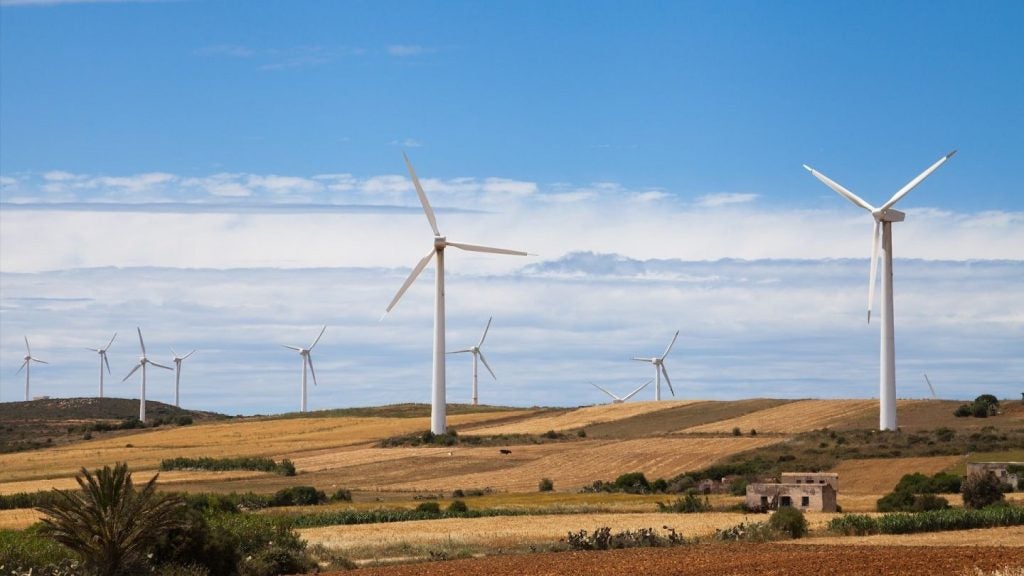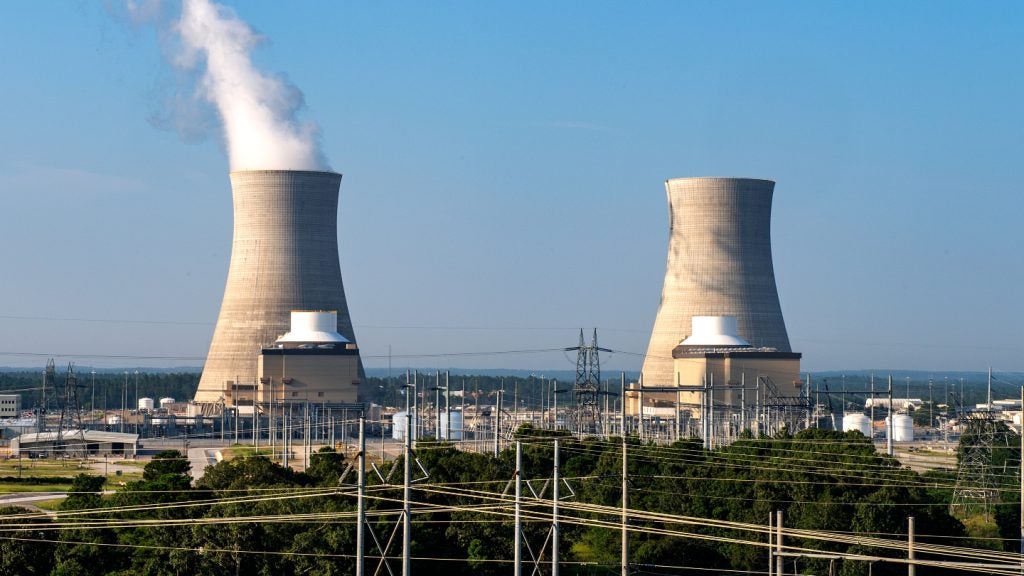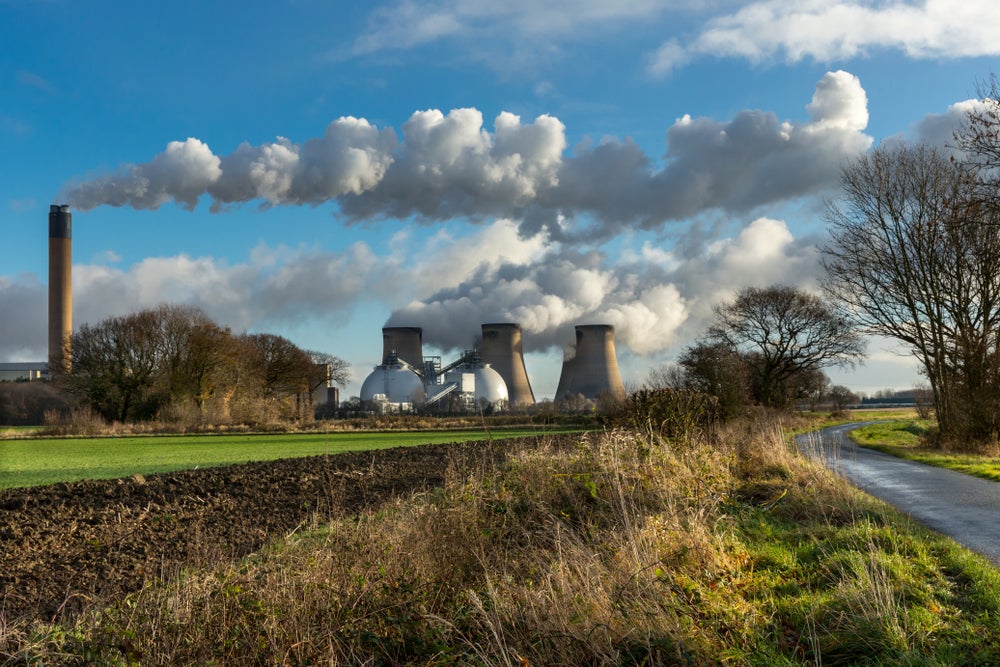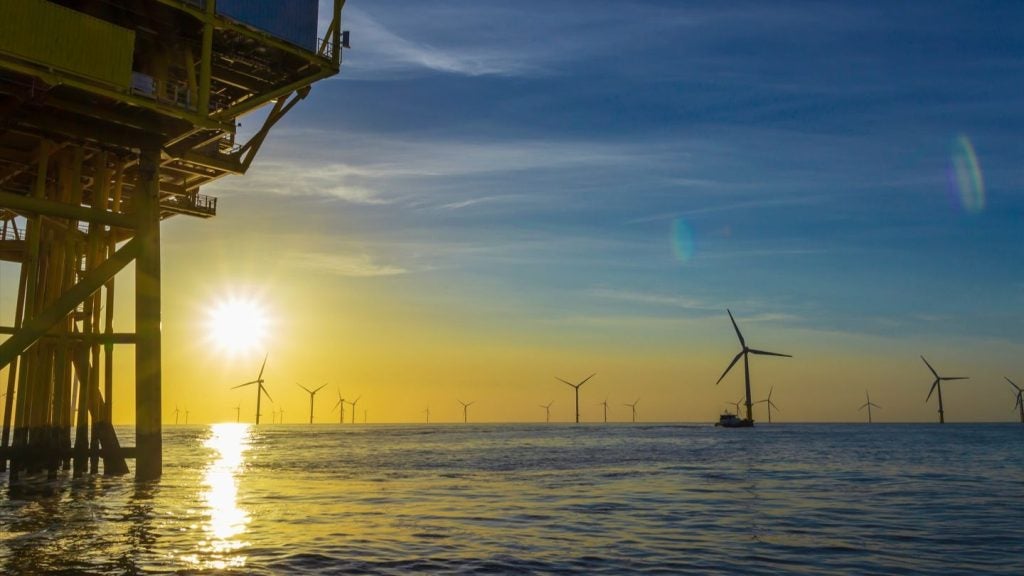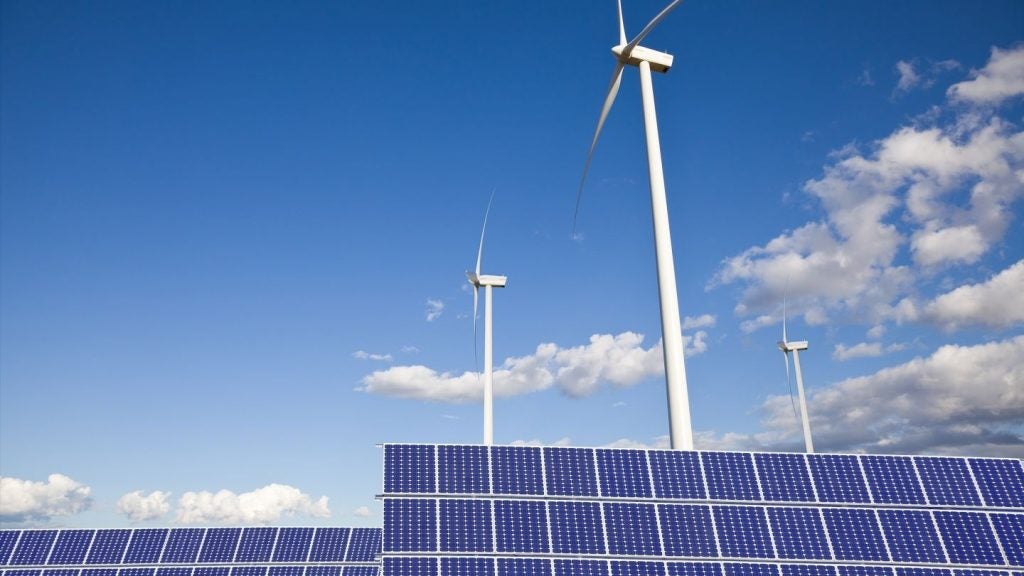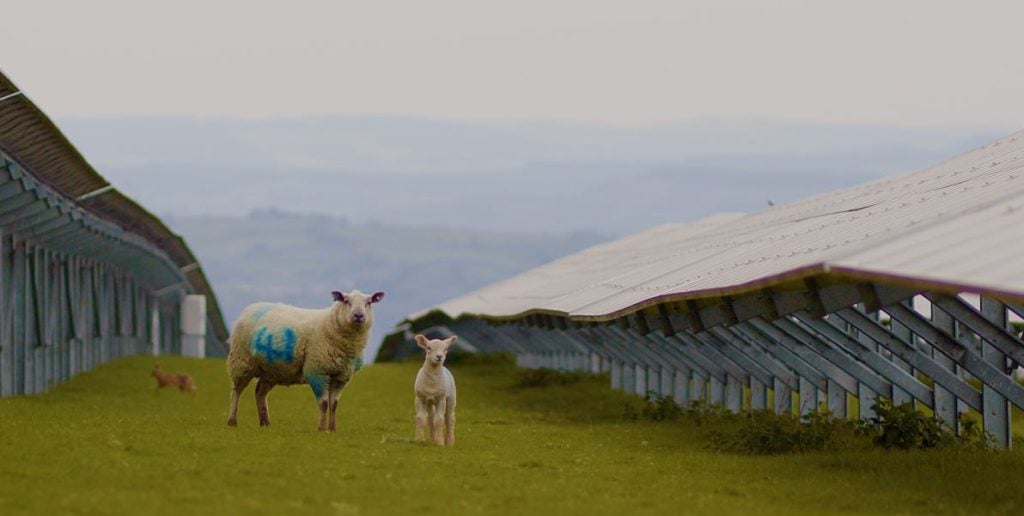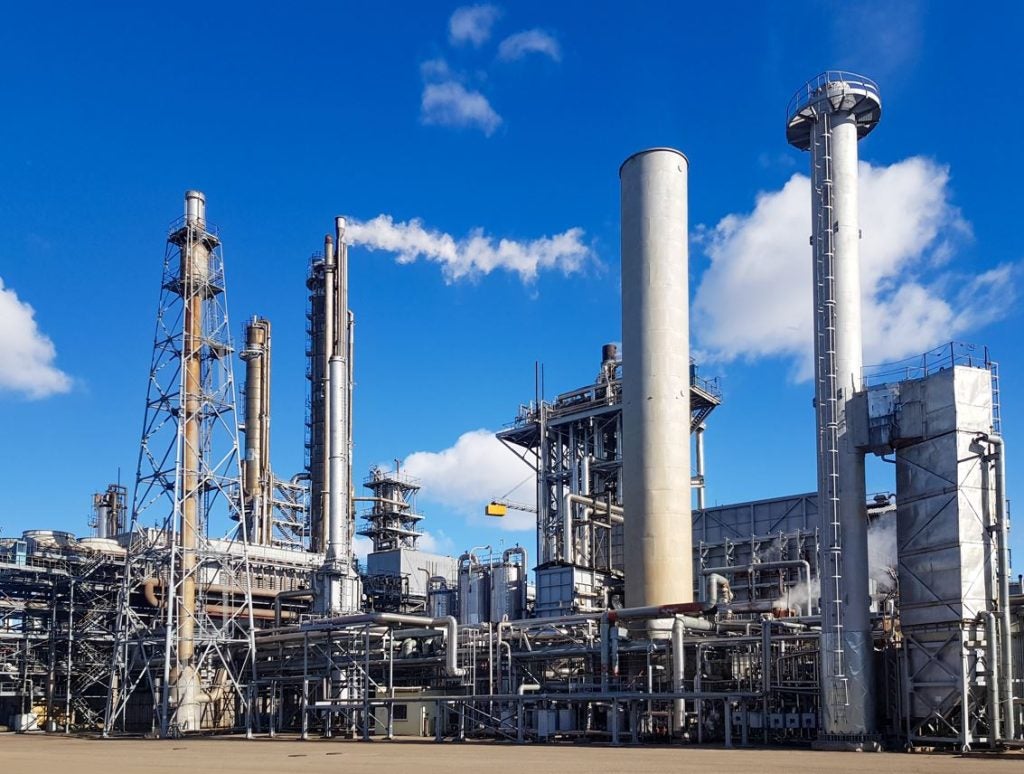AXA IM Alts, an alternative investment arm of insurance giant AXA, has agreed to purchase a 25% interest in Portuguese renewable energy developer Finerge.
The seller is Igneo Infrastructure Partners. Financial terms of the transaction were not shared.
The deal supports AXA IM Alts’ plan to invest in assets that support decarbonisation, digitalisation and electrification.
Headquartered in Matosinhos, Portugal, Finerge was established in 1996 and has been developing solar photovoltaic (PV) plants and wind farms across Portugal and Spain.
The company has an operating capacity of around 2GW, which includes 77 wind farms featuring 849 turbines and 17 solar plants spread across 58 municipalities in Portugal and five provinces in Spain.
The infusion from AXA IM Alts is expected to boost Finerge as it further develops its renewable energy portfolio.
This deal is set for completion by the end of 2023 and follows AXA’s investment in the Hornsea 2 offshore wind farm in the UK in 2022.
Ørsted sold 50% of its stake in Hornsea 2 to AXA IM Alts and Crédit Agricole Assurances. The two companies acquired a stake of 25% each in the offshore wind farm with 1.4GW of capacity.
AXA’s total investment portfolio has now reached 3.3GW.
AXA IM Alts infrastructure deputy head Julien Gailleton stated: “Our conviction is that climate change is the great issue of this century and the central risk of tomorrow. We believe that integrated renewable energy-independent power producers like Finerge, which have the capacity to scale as 21st-century utilities, will be essential to delivering the energy transition as fast as it is needed.
“We look forward to partnering with Igneo and the Finerge management team to accelerate the build-out of the Finerge fleet across solar, wind and other energy transition technologies.”


